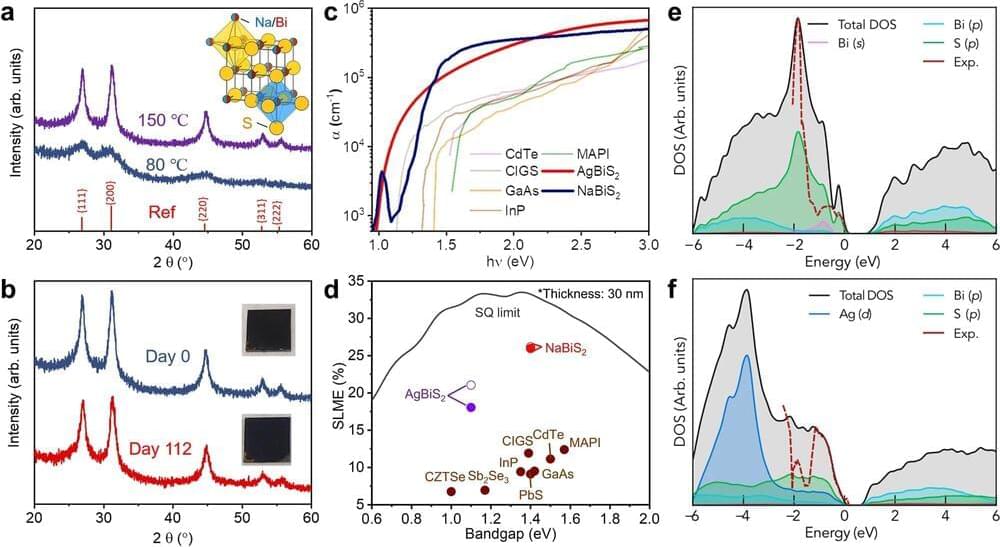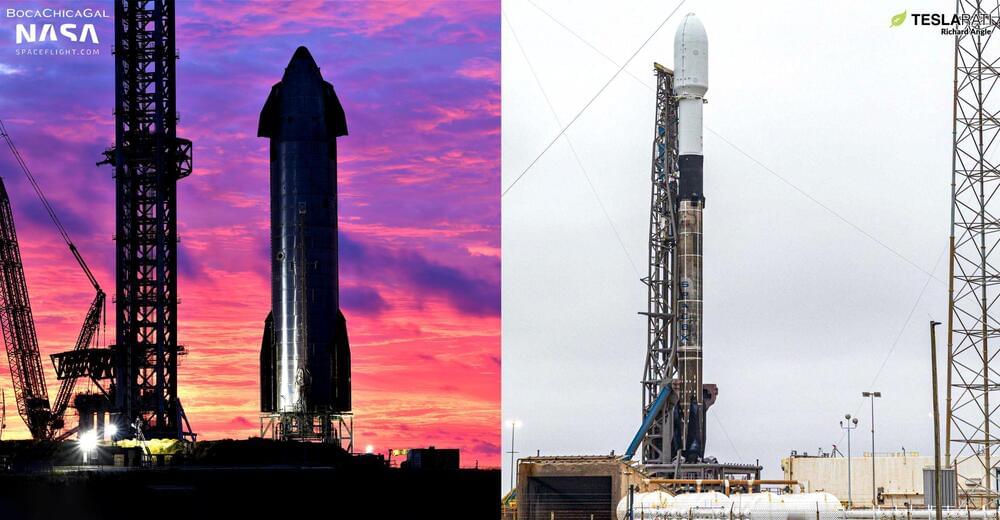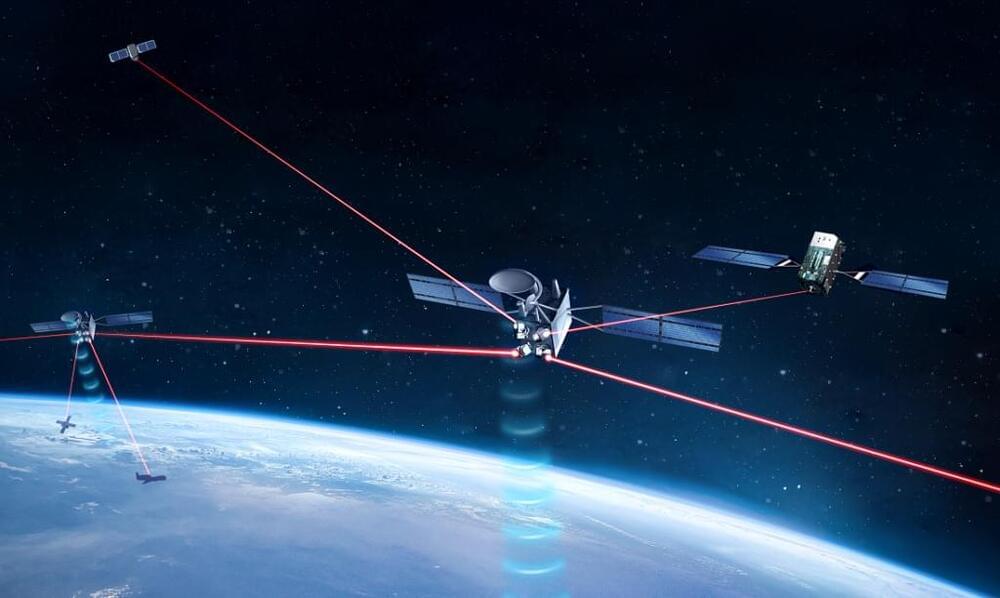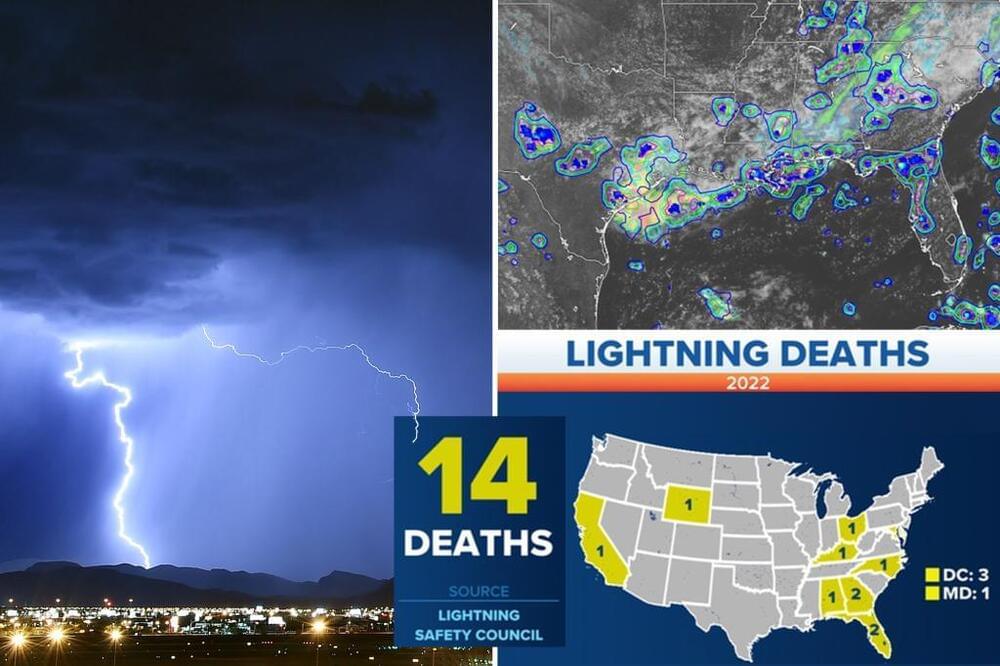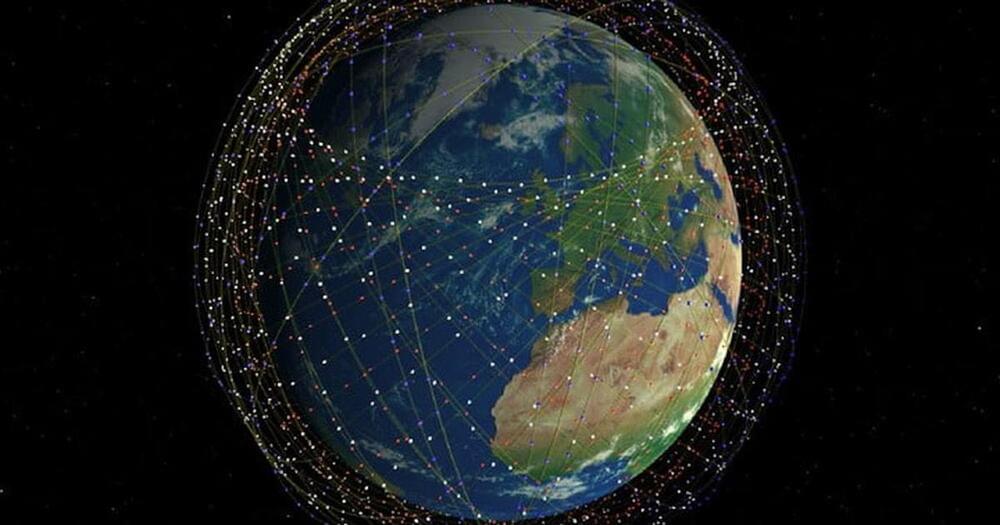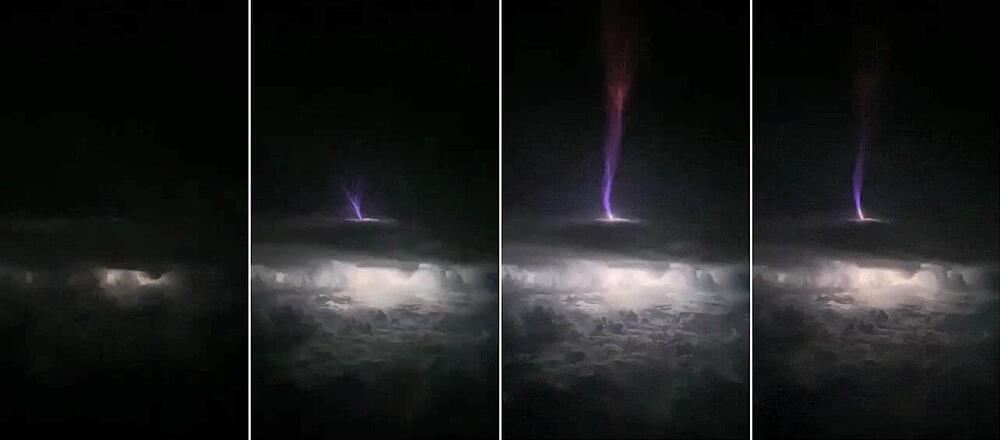Aug 26, 2022
T‑Mobile Takes Coverage Above and Beyond With SpaceX
Posted by Gemechu Taye in categories: Elon Musk, mobile phones, satellites
Ending cellular dead zones in the U.S. is the ultimate goal.
Cellular service provider T-Mobile has teamed up with Elon Musk’s SpaceX to provide universal coverage using the constellation of Starlink satellites, a press release reveals.
Cellular services have gone through many iterations since their first roll-out. Most countries around the world are currently seeing a roll-out of the fifth generation (5G) of mobile connections that allows the bandwidth for high-speed gaming and streaming high-definition videos.
Continue reading “T‑Mobile Takes Coverage Above and Beyond With SpaceX” »

